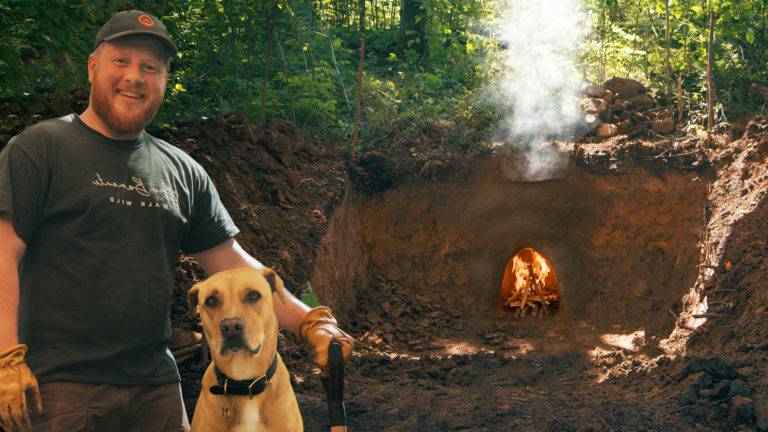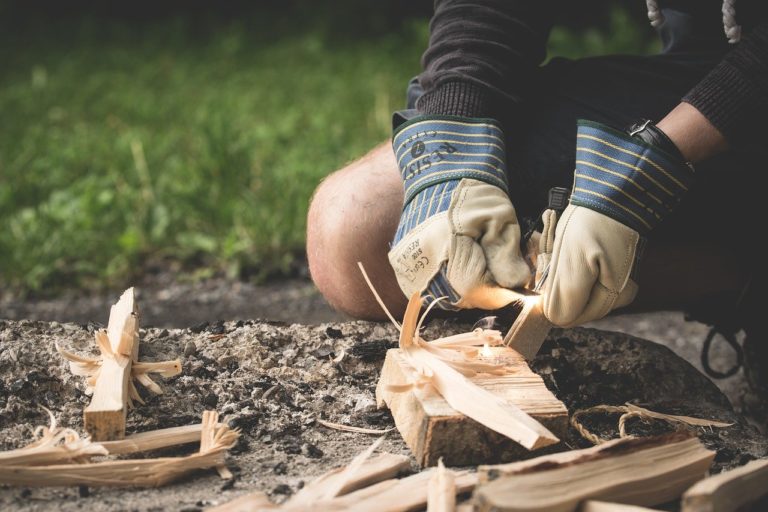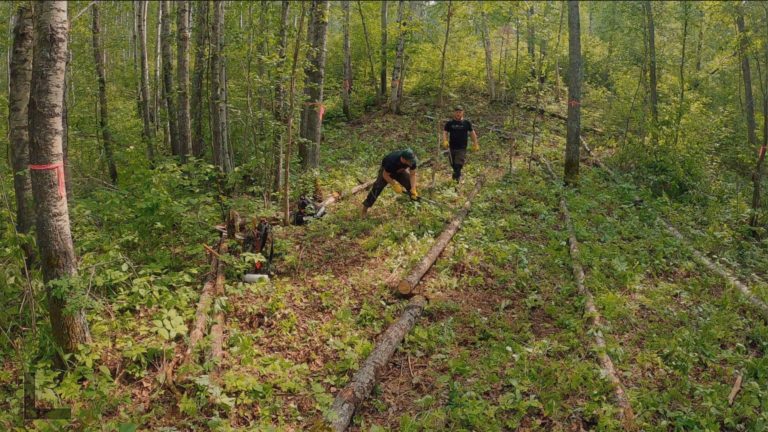
Begin your Adventure, Walk Wild
Join the Newsletter
“The opportunity to pass on the knowledge I have gained from my years exploring the bush brings a great sense of fulfillment to my life.” – Bow Bamonte
Join our newsletter today.
Join our newsletter today.




